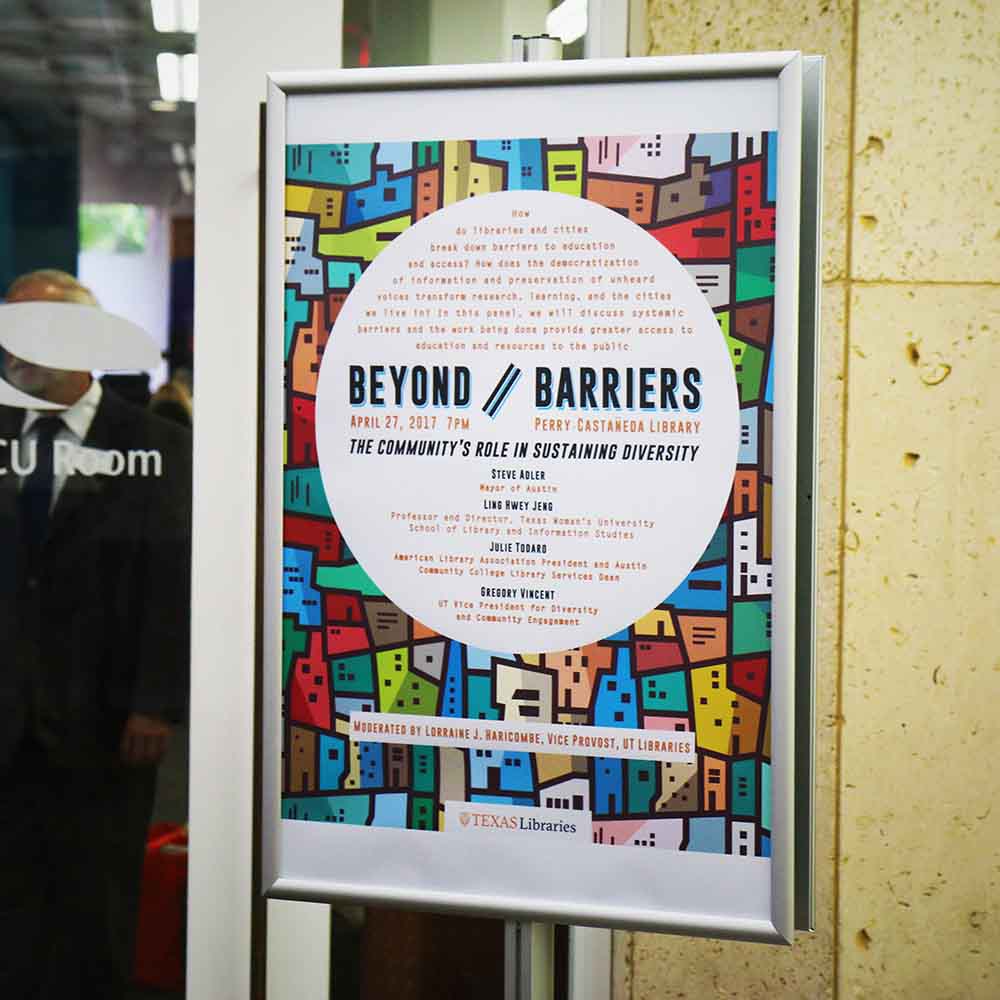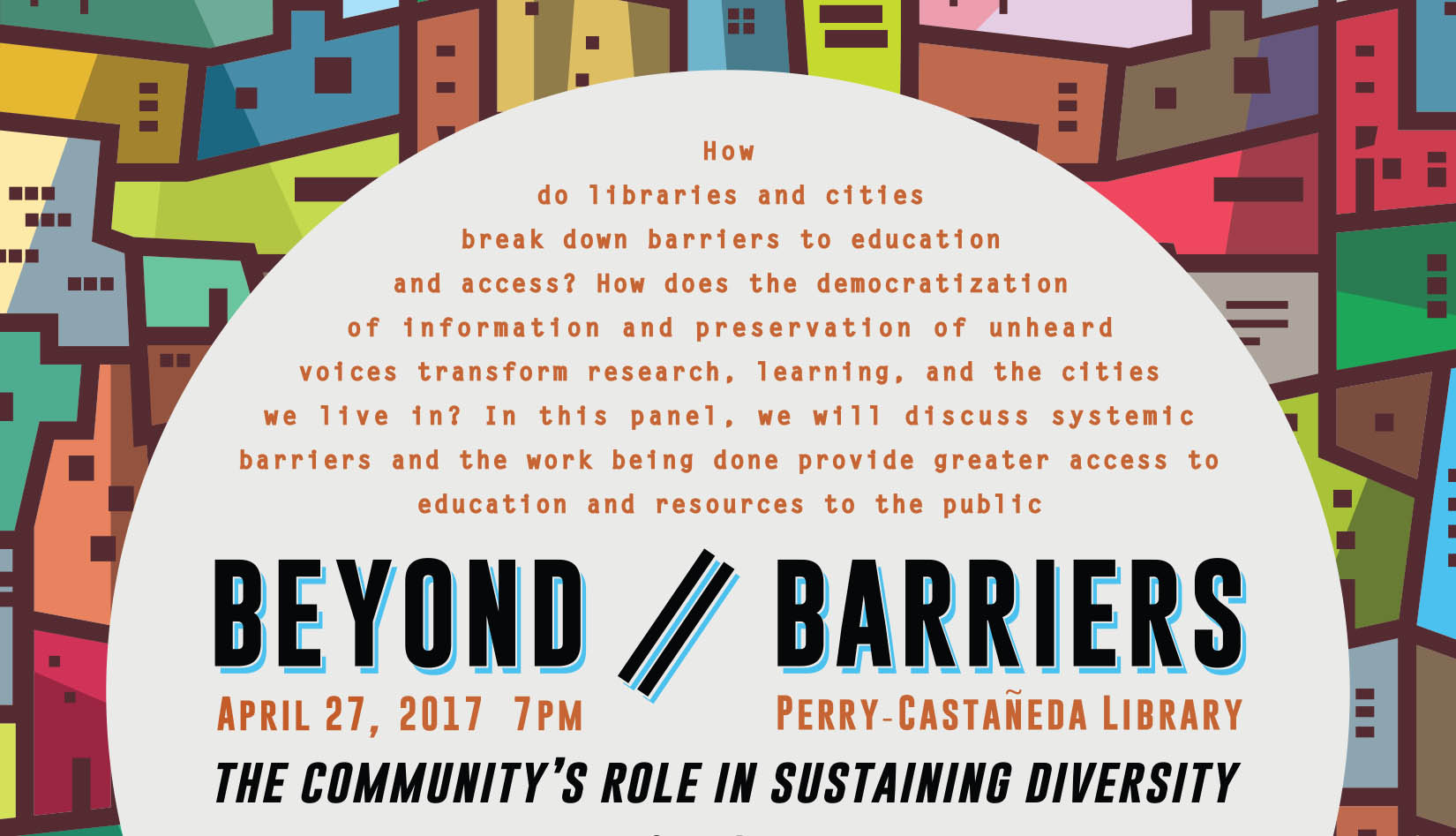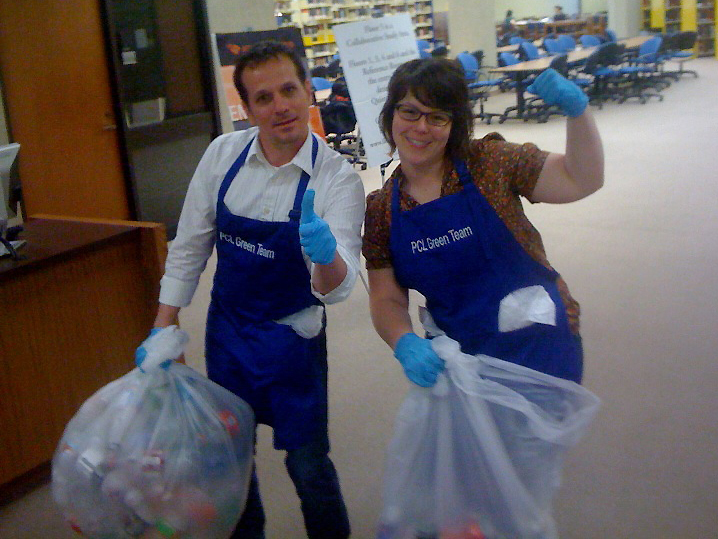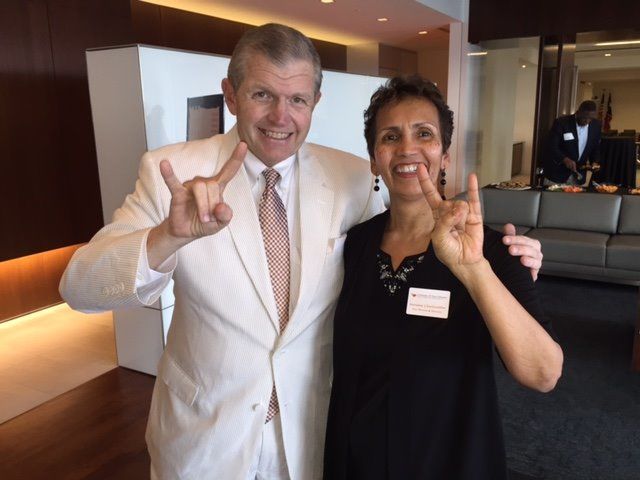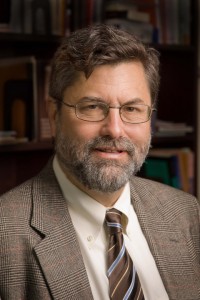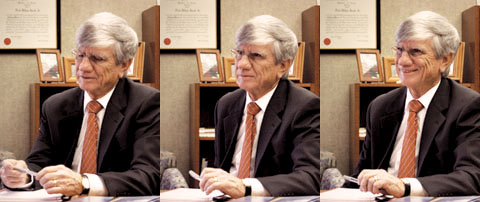In April, the Libraries hosted “Beyond Barriers: The Community’s Role in Sustaining Diversity,” a panel featuring state and local civic, education and library leaders for an evening of dialogue. Our goal was simple: provide a platform for discussing how these institutions can work together to foster and sustain equity in a diverse society. I was pleased to moderate this conversation which included the university’s Vice President for Diversity and Community Engagement Gregory Vincent and Austin Mayor Steve Adler, as well as my professional colleagues American Library Association President Julie Todaro and Texas Library Association President Ling Hwey Jeng. The discussion was broad-ranging and vigorous, addressing both personal experiences with race and participant perspectives on social issues related to diversity, equity and inclusion.
Mayor Adler’s efforts in launching a framework to address institutional racism in the city of Austin provided the catalyst for this event, but libraries — by virtue of their mission and nature — have long served as a neutral space for community discussions of diversity. Libraries serve diverse communities. Libraries offer information without bias to opinion. Libraries provide resources and services to those without access elsewhere.
Libraries, though, haven’t necessarily highlighted their contributions to social equality and inclusion, because it’s simply part of what they do to serve the public. We hope that the platform provided by this event will be a first step toward embedding the UT Libraries as a participant in larger efforts to build more equitable systems for the community.
Engaging in the conversation is a good first step, but we need to consider playing a larger role to underscore our value as contributors to solutions. While libraries may not be able to stand alone to fix the problems we share as a community, we can certainly be partner agents of change for a better, more equitable Austin.

